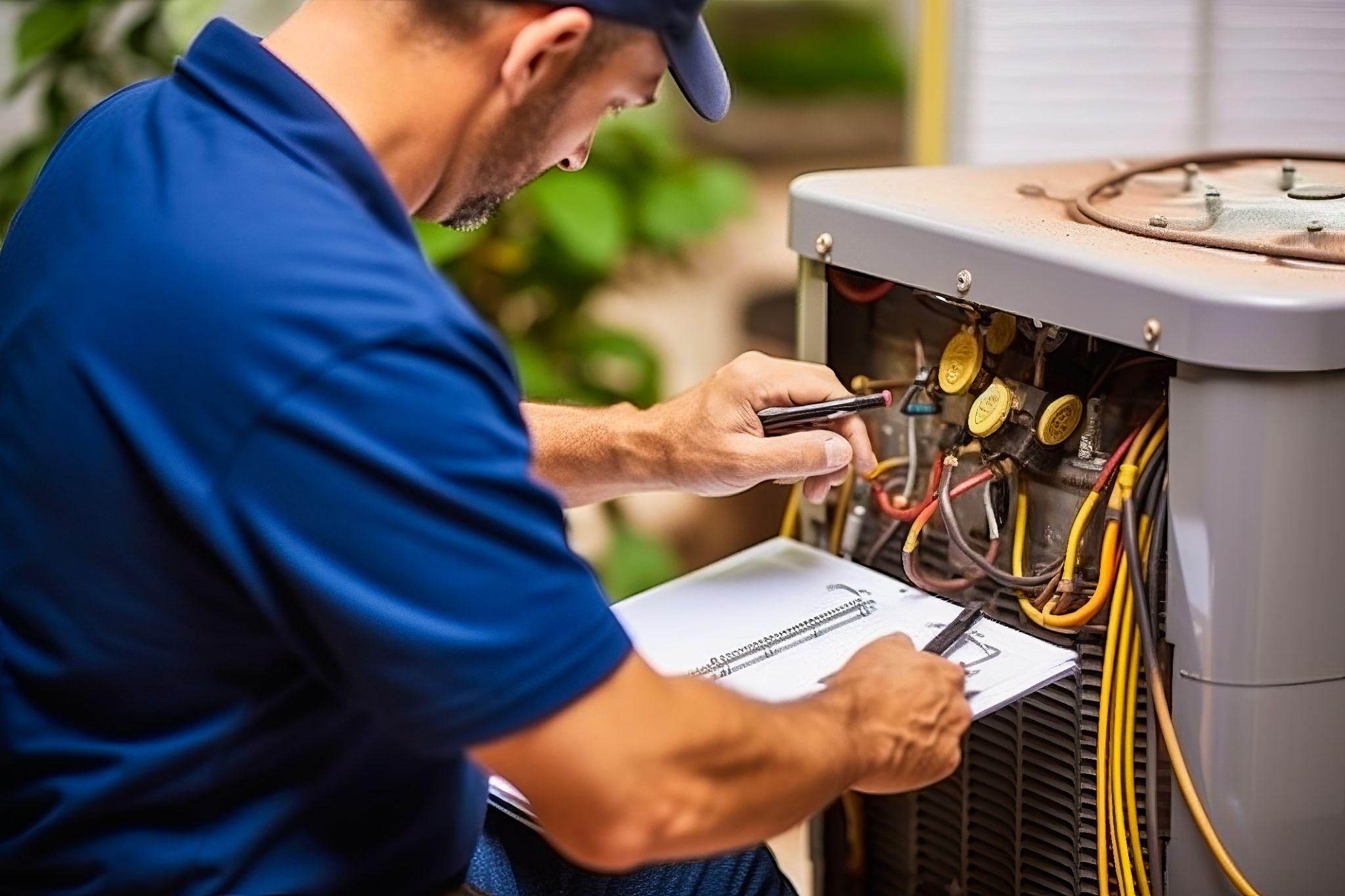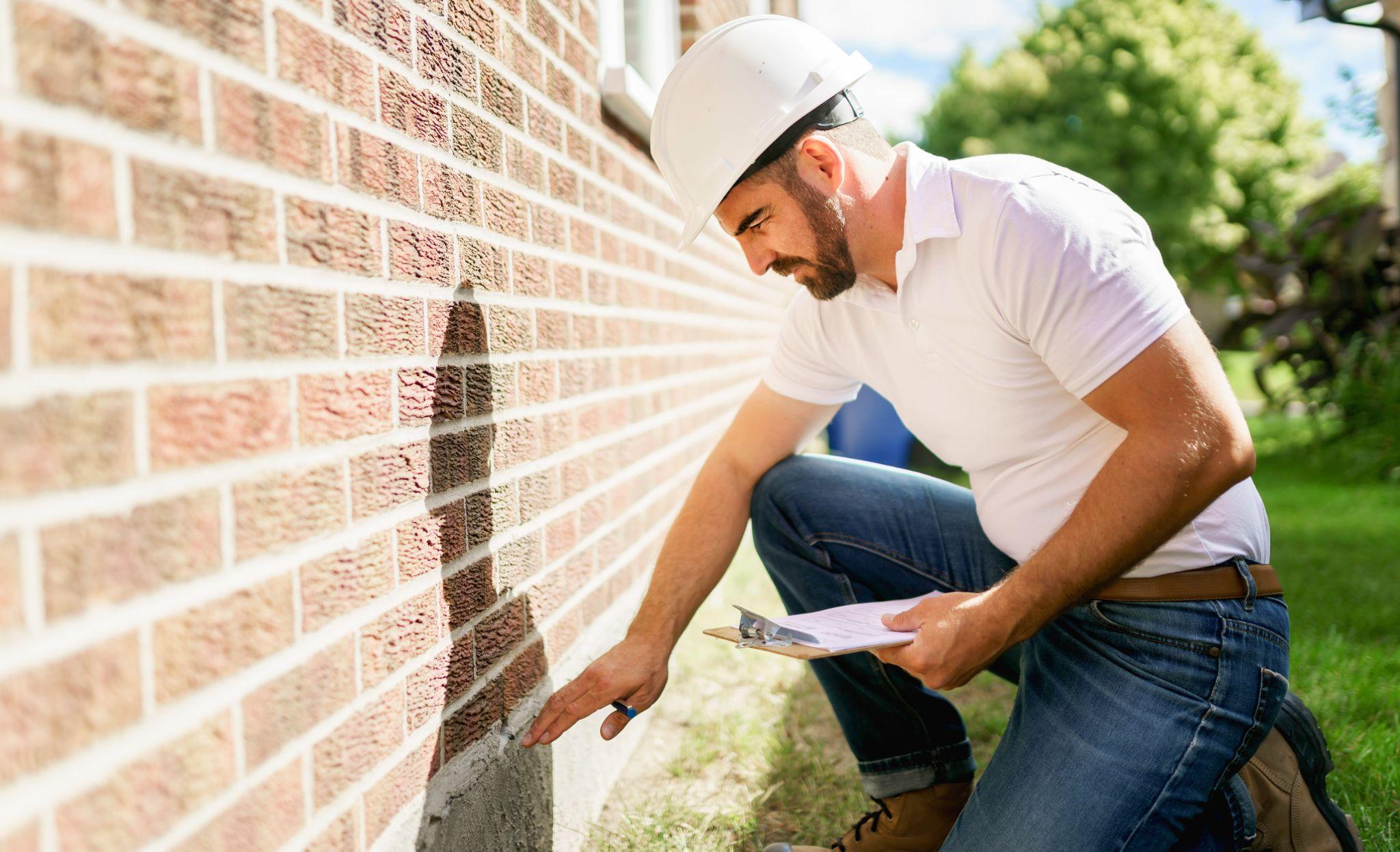When it comes to selling your home, understanding every step of the process is crucial for a smooth transaction and to ensure you get the best possible deal. One of the key stages in this journey is the home inspection, an aspect that can significantly influence both the sale price and the sale process itself.
A thorough home inspection not only uncovers the current condition of the property but also provides both sellers and buyers with peace of mind. It ensures that all parties are fully aware of the home’s state before any agreements are finalized. For homeowners, preparing for this inspection and understanding what to expect can make a substantial difference in how they approach negotiations and address any necessary repairs.
Below, we’ll take a closer look at the home inspection process, guiding you through what to expect, how to prepare, and how to respond to the findings, ultimately helping you navigate the sale of your home with greater confidence and knowledge.
What Is a Home Inspection?
A home inspection is a comprehensive examination of a property’s condition, typically conducted by a qualified and certified home inspector. The primary objective of this inspection is to identify any potential problems with the house that could affect the safety, functionality, or value of the home.
This includes a detailed assessment of the house’s structural components, systems, and other critical areas, from the foundation and roof down to the HVAC, electrical, and plumbing systems.
Unlike a home appraisal, which assesses the property’s market value, a home inspection focuses solely on its physical condition. The role of the home inspector is not to pass or fail a house but to provide an unbiased home inspection report detailing their findings.
This report offers invaluable insights into the home’s maintenance needs, any repairs that may be required, and potential areas of concern that could impact future livability and safety.
The Home Inspection Process
The home inspection is a pivotal part of selling your home, offering crucial insights into its condition and any future potential issues.
Preparing Your Home
To prepare for the inspection, ensure all areas are accessible, declutter around systems like HVAC and plumbing, and address minor repairs. Providing a list of recent home maintenance can also be helpful.
During the Inspection
An inspector will examine the property’s structural, system, and component conditions, typically taking two to four hours. Homeowners can benefit from attending to ask questions and understand findings in real-time.
Post-Inspection Steps
Following the inspection, the inspector’s report will detail any issues found. Homeowners must then decide which repairs to undertake, negotiate with buyers based on the findings, or adjust the sale price accordingly. This report is vital for informing how to proceed with the sale, balancing repairs with negotiations for a smooth transaction.
Key Areas Inspected
Home inspections are thorough, covering various critical aspects of a property to ensure its safety, functionality, and overall condition. Here are the key areas that inspectors typically examine:
- Structural Components
Inspectors assess the integrity of the foundation, floors, walls, ceilings, and roof to identify any potential structural issues. - Systems and Components
This includes the evaluation of electrical, plumbing, heating, and air conditioning (HVAC) systems to ensure they are functioning correctly. - Exterior Evaluation
The exterior parts of the home, including siding, windows, doors, and the roof’s condition, are inspected for damage or defects. - Interior Evaluation
Inspectors look at interior walls, ceilings, floors, windows, and doors for signs of water damage, structural problems, or pest infestations. - Insulation and Ventilation
The attic, basements, and crawl spaces are checked for proper insulation and ventilation to prevent moisture and ensure energy efficiency. - Plumbing and Electrical Systems
Water supply, drainage systems, water heaters, and electrical wiring are examined for compliance with safety standards and proper functionality. - Appliances
Built-in and possibly other major appliances are inspected to verify they are in working order.
Common Issues Uncovered During Home Inspections

Home inspections often reveal a range of issues that can impact a property’s value, safety, and desirability. Structural damage is a critical concern, as it can compromise the integrity of the home and require significant repairs. Aging or faulty systems, including HVAC, electrical, and plumbing, are also common findings that can pose safety risks and affect the home’s functionality. Roof issues, such as leaks or missing shingles, can lead to water damage and further complications if not addressed promptly. Moisture and drainage problems are another frequent discovery, potentially leading to mold growth and structural damage over time.
Additionally, pest infestations, such as termites or rodents, can cause unseen damage to the home, necessitating professional extermination and repairs. Identifying these issues during an inspection allows homeowners to understand the condition of their property and make informed decisions moving forward.
How to Respond to Home Inspection Findings
Responding to home inspection findings requires careful consideration of the severity and cost of issues identified. Distinguishing between major and minor issues is crucial; major problems may significantly impact the home’s value or safety and typically require immediate attention, while minor issues might be cosmetic or less urgent.
Homeowners have several options when negotiating repairs with buyers, including fixing the problems, offering a credit to the buyer to handle repairs, or adjusting the sale price to reflect the cost of these repairs. Alternatively, selling the property “as is” presents another route, where the seller does not make any repairs, and the buyer purchases the home in its current condition.
This option can expedite the sale process but may result in a lower sale price, as buyers will need to account for the cost of making repairs themselves.
Experience a Stress-Free Home Sale with 800CashToday
If you’re looking for a hassle-free way to sell your home, 800CashToday offers the perfect solution. By choosing us, you can bypass the traditional complexities and uncertainties of selling a property, such as endless house showings, the challenge of finding a trustworthy real estate agent, and the costs and time involved in repairs, upgrades, or maintenance.
With 800CashToday, you can sell your home as-is, meaning you won’t need to worry about any of the common issues uncovered during home inspections. Our process is designed to be straightforward and stress-free, ensuring you can move on to the next chapter of your life without the burdens that typically come with selling a home. Let us take the hassle out of your home sale, providing you with a quick, fair, and reliable transaction.



